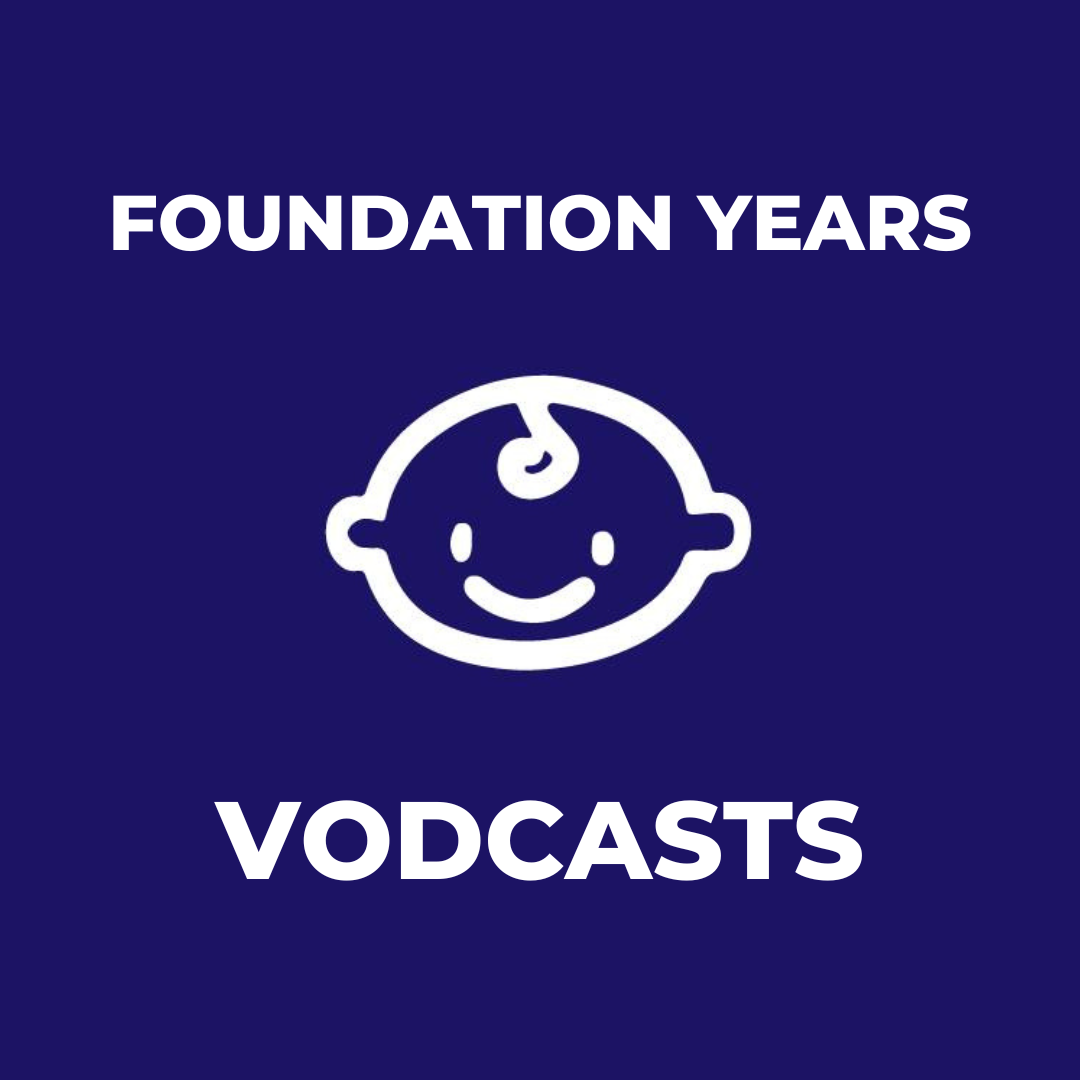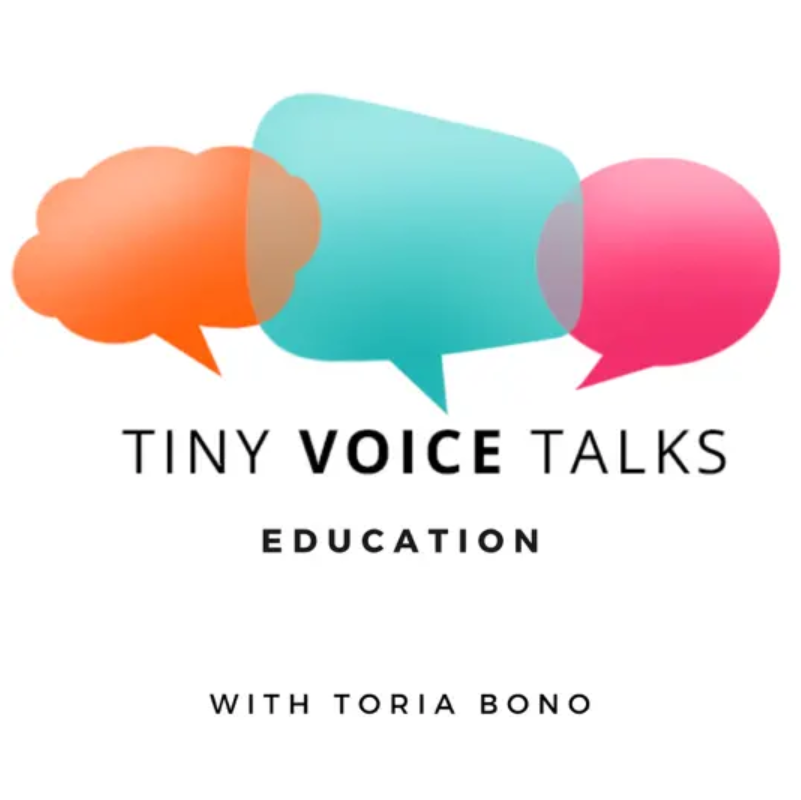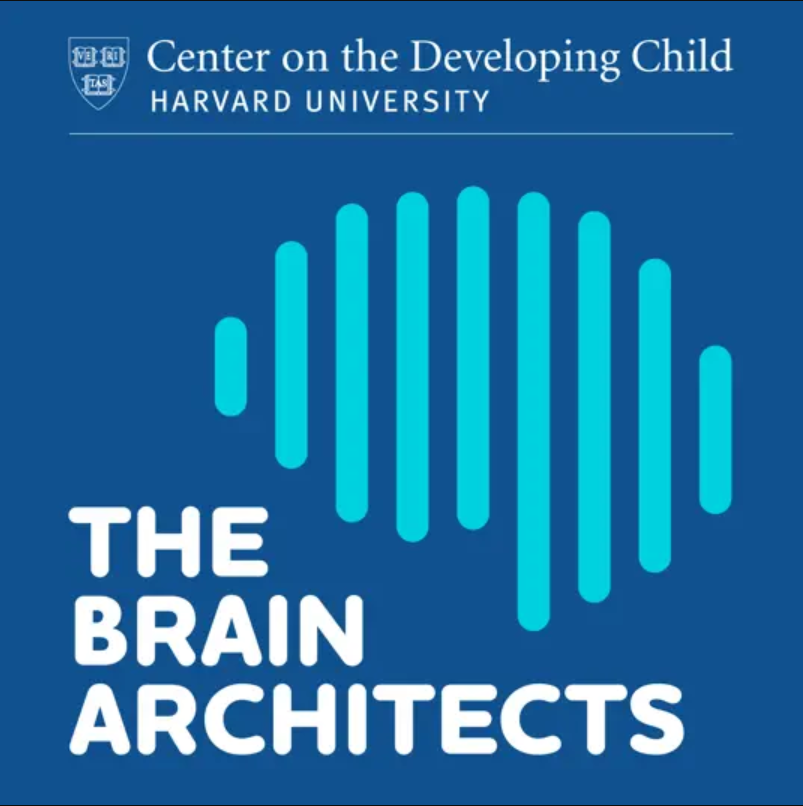CPD Opportunities
Funded professional development and learning opportunities for the early years sector in Birmingham.

We offer a range of courses to ensure there is something for everyone.
Whether you're just starting out in your training or you've been in the profession for 30+ years, we've got plenty of fantastic CPD to suit every need!
All the information about individual courses and booking can be found on this page.
To make it easy to find what you're looking for, all CPD has been organised and tagged by theme and level.
All courses are open to Birmingham practitioners across all sectors unless otherwise specified.
Please utilise the search function below if you know what you're looking for; otherwise, scroll through the page to browse what's on offer!
“Commit yourself to lifelong learning. The most valuable asset you’ll ever have is your mind and what you put into it.”
Which course is right for you?
Each course in our directory is tagged with a level: Introductory, Intermediate or Advanced.
Find out more about each course level by expanding the headings below.
-
Introductory courses provide essential knowledge, understanding, and skills to anchor practice and provide firm foundations for future learning and development.
These courses are suitable for early years practitioners, students or individuals who are starting on their journey or returning and want to build up and enhance their knowledge of particular areas.
-
Intermediate courses support growth and development, ensuring the right blend of theoretical knowledge and practical skills to create strong, effective, and sustainable practice.
These courses suit qualified or more experienced practitioners seeking to enhance their professional development. Some pre-course reading and/or gap tasks may be involved. There will often be an expectation (with support) to take your learning back to others in your team.
-
Advanced courses offer additional challenges to think reflectively and critically whilst developing skills to enhance your own practice and the practice of others in your team. Some may lead to accreditation.
These courses are suitable for practitioners who have a significant knowledge base and experience of working within the Early Years Foundation Stage (EYFS) and feel confident in their practice. Many courses at this level will involve gap tasks, and research; some may offer accreditation. Dissemination to a wider audience may be a requirement.
Some courses may have additional tags to let you know if they are targeted at specific members or sectors of the Early Years community:
PVI - For practitioners working in private, voluntary and independent settings
CM - For childminders and assistants
CC - For practitioners working in children’s centres
MS - For practitioners working in maintained nursery schools, nursery classes and reception classes in primary schools and special schools
Communication and Language
UPCOMING: Communication and Language CPD (booking required, subject to availability)
ON DEMAND: Communication and Language CPD (start any time)
Inclusion and Special Educational Needs (SEND)
UPCOMING: Inclusion and SEND CPD (booking required, subject to availability)
ON DEMAND: Inclusion and SEND CPD (start any time)
EYFS – Child Development, Prime and Specific Areas of Learning
UPCOMING: EYFS CPD (booking required, subject to availability)
ON DEMAND: EYFS CPD (start any time)
Safeguarding
UPCOMING: Safeguarding CPD (booking required, subject to availability)
ON DEMAND: Safeguarding CPD (start any time)
Early Years and Childcare – Getting Started
UPCOMING: Getting Started CPD (booking required, subject to availability)
ON DEMAND: Getting Started CPD (start any time)
Early Years and Childcare – Leadership, Business and Finance
UPCOMING: Leadership, Business and Finance CPD (booking required, subject to availability)
ON DEMAND: Leadership, Business and Finance CPD (start any time)
Statutory Training
The EYFS Statutory Framework identifies areas that providers MUST ensure concerning training. Much of this can be managed directly in the setting; some will require access to a training provider.
Key areas:
EYFS 3.21. Providers must ensure that all staff receive induction training to help them understand their roles and responsibilities. Induction training must include information about emergency evacuation procedures, safeguarding, child protection, and health and safety issues.
EYFS 3.22. Providers must put appropriate arrangements in place for the supervision of staff who have contact with children and families.
EYFS 3.25. At least one person with a current paediatric first aid (PFA) certificate must be on the premises, available at all times when children are present and must accompany children on outings.
EYFS 3.26 Providers must ensure that staff have sufficient understanding and use of English to ensure the well-being of children in their care. For example, settings must be in a position to keep records in English, liaise with other agencies in English, summon emergency help, and understand instructions such as those for the safety of medicines or food hygiene.
EYFS 3.49 Providers must be confident that those responsible for preparing and handling food are competent to do so. In group provision, all staff involved in preparing and handling food must receive training in food hygiene.
Birmingham providers can access training from any provider they choose.
We do not have a list of preferred or recommended suppliers for statutory training. However, when choosing a training provider, you should ensure that you carry out some basic checks, including:
Is the trainer suitably qualified?
Is the training they offer regularly monitored, assessed and regulated?
Is the provider associated with a voluntary regulation organisation?
Do the certificates state the course content and study hours?
Is the training face-to-face, online or blended (a mixture of the two) and what will work best
-
According to the First Aid Industry Body (FAIB), the breakdown for Paediatric First Aid (PFA) is half in-classroom and half distance learning and should last for a minimum of 12 hours (excluding breaks).
Emergency Paediatric First Aid (EPFA) should last a minim of 6 hours (excluding breaks) and should be undertaken face-to-face. It is not acceptable as a blended course.
The Health and Safety Executive no longer approves, monitors or regulates First Aid Training providers, but The First Aid Industry Body makes it very clear what standards are required to be in place.
-
The EYFS framework requires providers to take all necessary steps to keep children safe and well – and you must be confident that those responsible for preparing and handling food in your setting are competent to do so.
Help for early years providers provides an overview of the food safety requirements and offers support materials and guidance.
A range of providers offer Level 2 accredited Food Safety and Hygiene courses that typically cover a range of topics including:
- Legal requirements
- Types of food hazards
- Storage and preparation of food
- Personal hygiene
- Cleaning
Qualification Funding Support
Equipping staff with the right skills is the key to ensuring better quality early years education.
This is the finding of Professor Cathy Nutbrown’s independent Review of Early Education and Childcare Qualifications.
The report shows that high-quality early years provision narrows the gap between disadvantaged children and others.
Funding and support can be a barrier to staff completing Early Years and Childcare qualifications, but there are several sources of support available.
-
The Care to Learn scheme can help with childcare costs while you study.
Qualification Level: Further education
Eligibility Criteria: Under 20 years old
-
Free courses to help you learn new skills or get a new job. Course providers include The Open University, Google, Amazon and FutureLearn.
Qualification Level: Beginner to advanced level
Eligibility Criteria: Free courses to help develop your digital and numeracy skills for work
-
A list of free level 3 early years and childcare qualifications.
Qualification Level: Level 3
Eligibility Criteria: Adults aged 19 and over without a level 3 qualification
-
You may be able to borrow money to help pay for university or college tuition fees and to help with living costs. You might get extra money on top of this, for example, if you’re on a low income, are disabled or have children.
Qualification Level: Level 4 -6
Eligibility Criteria: First Higher Education qualification
-
A Postgraduate Master’s Loan can help with course fees and living costs while you study a postgraduate master’s course.
Qualification Level: Level 7
Eligibility Criteria: Master's Loan: Eligibility - GOV.UK
-
A guide for students who are about to graduate and are at the start of their career journey. It sets out five important steps to help you, as students about to graduate, think about your choices and what you’d like to do next.
Qualification Level: Graduate mentoring to access employment
Eligibility Criteria: Graduate
-
Disabled Students’ Allowance (DSA) is support to cover the study-related costs you have because of a mental health problem, long-term illness or any other disability. This can be on its own or in addition to any student finance you get. The type of support and how much you get depends on your individual needs - not your household income.
Qualification Level: Level 4-7
Eligibility Criteria: Support for students with disabilities and specific learning needs
-
The Adult Education Budget (AEB) is a government-funded programme that employers and individuals can access to fund a wide range of training. It’s a great resource for employers to upskill their workforce and support staff with their career progression.
Qualification Level: Entry level to level 3
Eligibility Criteria: Anyone aged 19-23, first level 2 or 3 qualifications
-
You can apply for an Advanced Learner Loan to help with the costs of a course at a college or training provider in England. Loan eligibility does not depend on your income and there are no credit checks.
Qualification Level: Levels 3, 4, 5 or 6
Eligibility Criteria: Level 3, 4, 5 or 6 qualifications at an approved college or training provider in England
Recommended Listening
Early Years Podcasts
Check out our recommended early years podcasts.

The Froebel Trust podcast: Created for educators and early years leaders interested in finding out what a Froebelian approach to early education is all about.

Video podcasts - 'vodcasts' - from Foundation Years, covering a wide range of topics in the early years.

Moonbeams' Early Years podcast: A series of exciting conversations on creativity in early childhood, with education professionals, artists and academics.

Weekly podcast featuring discussion, reflection, debate and a window into the minds of advocates working with young leaders of tomorrow.

Tiny Voice Talks Education podcast: Giving a platform to the quieter voices in the profession - #TinyVoiceTalks

Early Excellence Podcast: Ideas and insights about early childhood education for EYFS & KS1 educators.

Early Education PedPods podcast: Pedagogical conversations with Early Years leaders, teachers and trainers.

Early Years Conversations podcast: Interviews and open discussions related to mental health within the Early Years community.

Foundation Stage Forum podcast: Covers a wide variety of hot topics within the areas of Early Years education and technology.

EY Matters 'In Conversation With...' podcast: Interviews exploring professionals’ experiences of working in the Early Years.

Early Childhood Ireland's podcast: Interviews and discussions on a range of issues relating to the provision of quality early learning and care.

The Muddy Puddle Teacher podcast: Conversations with leading early years education voices, gaining their opinions on the importance of outdoor learning.

TTS Talking Early Years podcast: Global experts, early years practitioners, and in-house TTS educational experts discuss everything Early Years.

The Brain Architects podcast: Using the science of child development to improve the lives of the children we interact with every day.



























































